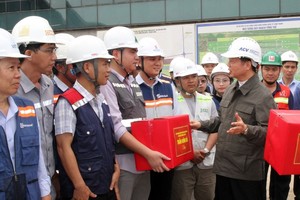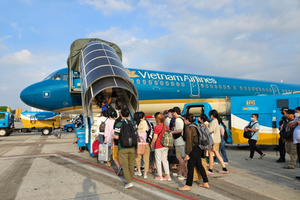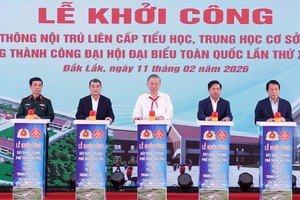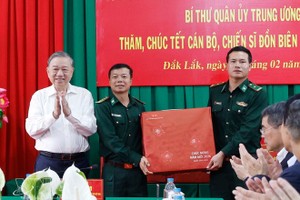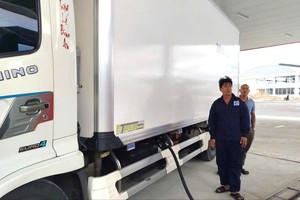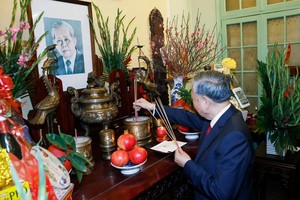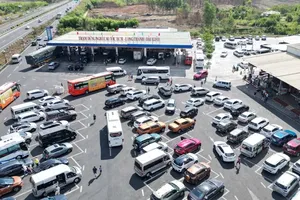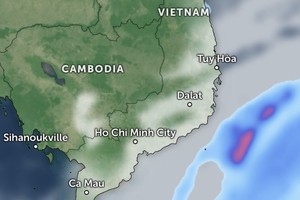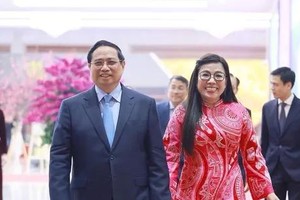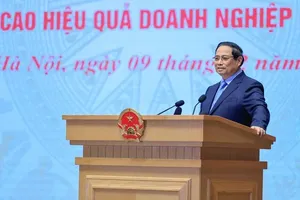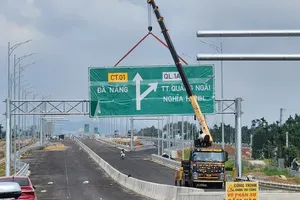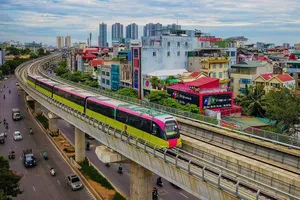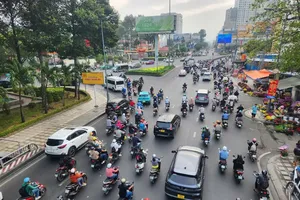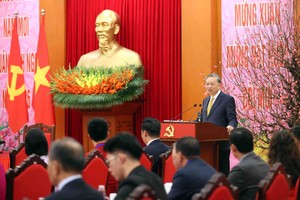Introducing the center’s role and significance at the 15th legislature’s ongoing 9th session, Permanent Deputy Prime Minister Nguyen Hoa Binh stated that it will be a diverse ecosystem of financial services concentrated within a specific area, bringing together many financial institutions such as banks, investment funds, financial service companies and trading platforms like securities, currency, and commodities exchanges, along with a wide range of supporting services.
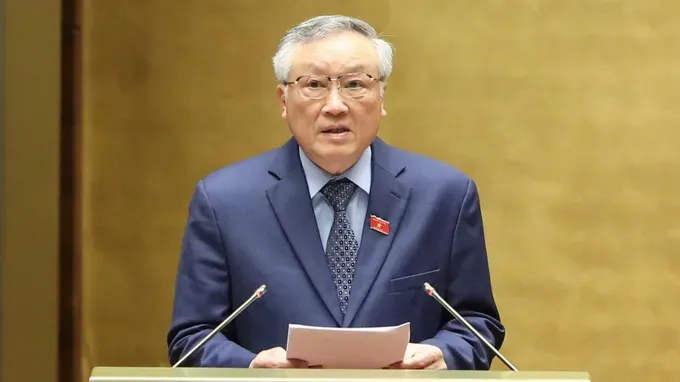
The new international financial center will help turn Vietnam into an important financial gateway which is capable of welcoming international capital flows and taking advantage of opportunities from the trend of shifting global supply chains, Permanent Deputy Prime Minister Nguyen Hoa Binh told the National Assembly on June 11.
Introducing the center’s role and significance at the 15th legislature’s ongoing 9th session, Deputy Prime Minister Nguyen Hoa Binh stated that it will be a diverse ecosystem of financial services concentrated within a specific area, bringing together many financial institutions such as banks, investment funds, financial service companies and trading platforms like securities, currency, and commodities exchanges, along with a wide range of supporting services.
Building a financial centre involves establishing a zone with distinct and superior policies and legal frameworks designed to attract investors who provide financial products and services, as well as related non-financial services, and connect with international financial centers.
Affirming the necessity of the initiative, the Deputy PM said that the establishment of the center aims to attract global capital flows and drive the national economy toward achieving “double-digit” growth targets in a new era - the era of strong development, civilization and prosperity.
It is expected to serve as a catalyst for strategic breakthroughs in developing a synchronised and modern infrastructure system, particularly in transport, energy, and digital economy, to meet the demands of an international financial centre; and contribute to the advancement of science, technology, innovation, and national digital transformation, as well as the acceleration of building digital asset management solutions and developing new and modern financial technologies (Fintech) to meet the evolving needs of the financial market in the digital age.
At the same time, the center aims to connect Vietnam more deeply with the global financial market, elevate its role, position, and reputation, and contribute to ensuring national defence and security early and from afar, said Permanent Deputy Prime Minister Nguyen Hoa Binh.
This move also contributes to strengthening social welfare by creating jobs and attracting high-quality human resources, facilitates the formation of a network of leading experts, major financial investors, and top intellectuals coming to Vietnam, while improving local living standards through the expansion of modern utility services.
Additionally, it supports the establishment of a legal framework aligned with international standards in finance and monetary policy, thereby building investor confidence, he shared.
Specifically, the international financial center will be established in Vietnam in 2025, with two designated locations: Ho Chi Minh City and Da Nang city.
By 2035, Vietnam’s international financial centre is expected to rank among the top 75 global financial centres according to the Global Financial Centres Index (GFCI), which includes fintech-related criteria. By 2045, the ambition is to rise into the top 20 leading financial centres worldwide.
Presenting the views of the verification body, Phan Van Mai, Chairman of the NA's Committee for Economic and Financial Affairs, affirmed that establishing an international financial center in Vietnam is both necessary and appropriate in the current context, aligning with the nation’s development trajectory in the new era.
The successful development of such a center will help connect Vietnam to the global financial market, boost international trade, attract foreign financial investment, and generate new investment resources. It will also enable Vietnam to integrate more deeply into the global economic value chain and enhance its international standing.
Furthermore, the center will contribute to advancing the country’s strategic breakthroughs in institutional reforms, infrastructure development, and human resources improvement; and support the restructuring of the economy in tandem with transforming the growth model.
However, given that the proposed policy framework is broad in scope, containing many entirely new and distinct policies that differ from the current laws, and directly impacting various areas, the committee recommended that special attention must be paid to thorough impact assessments, so as to ensure national financial security, and not compromise defence, security, or public safety, Phan Van Mai, Chairman of the NA's Committee for Economic and Financial Affairs stressed.
